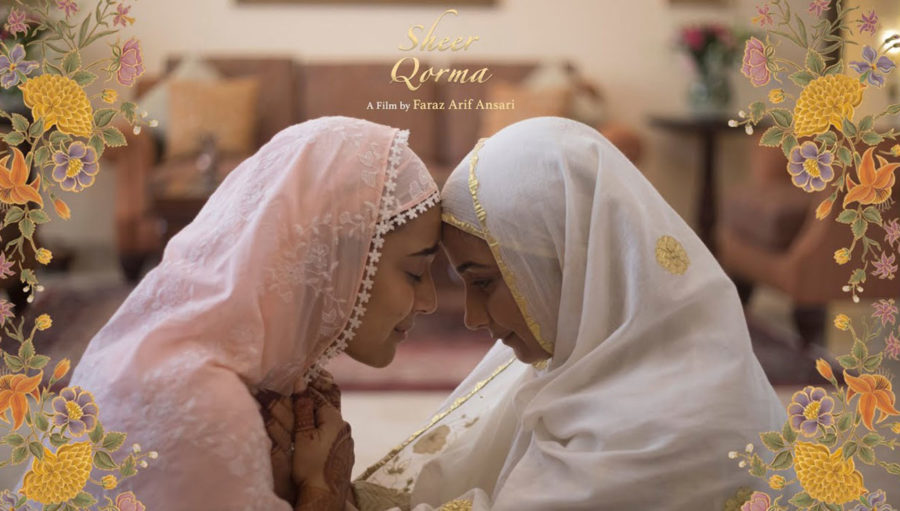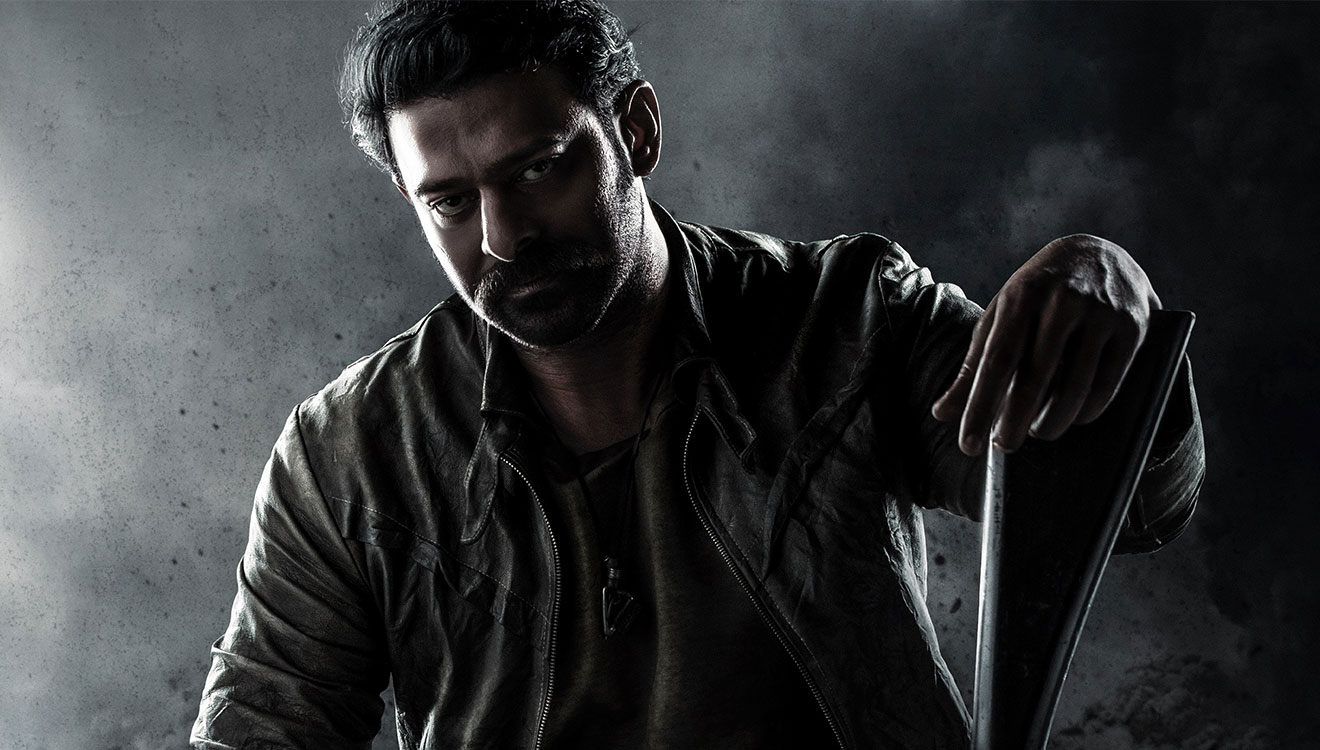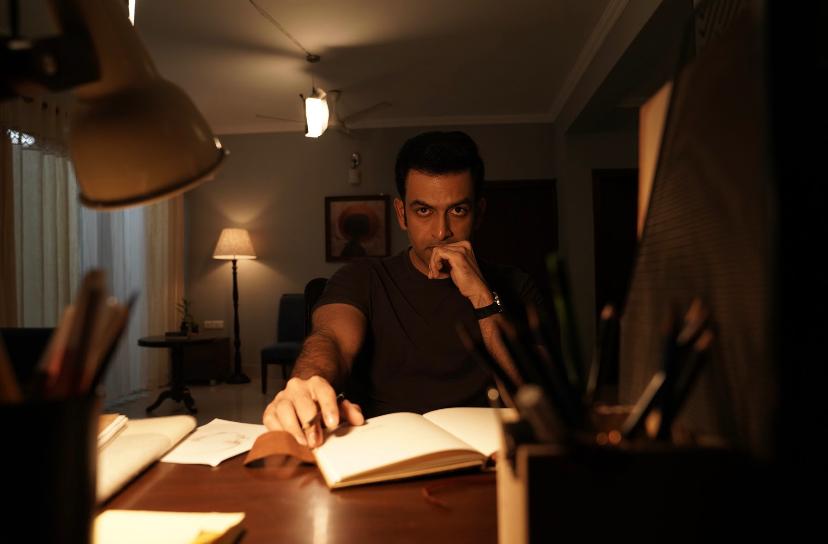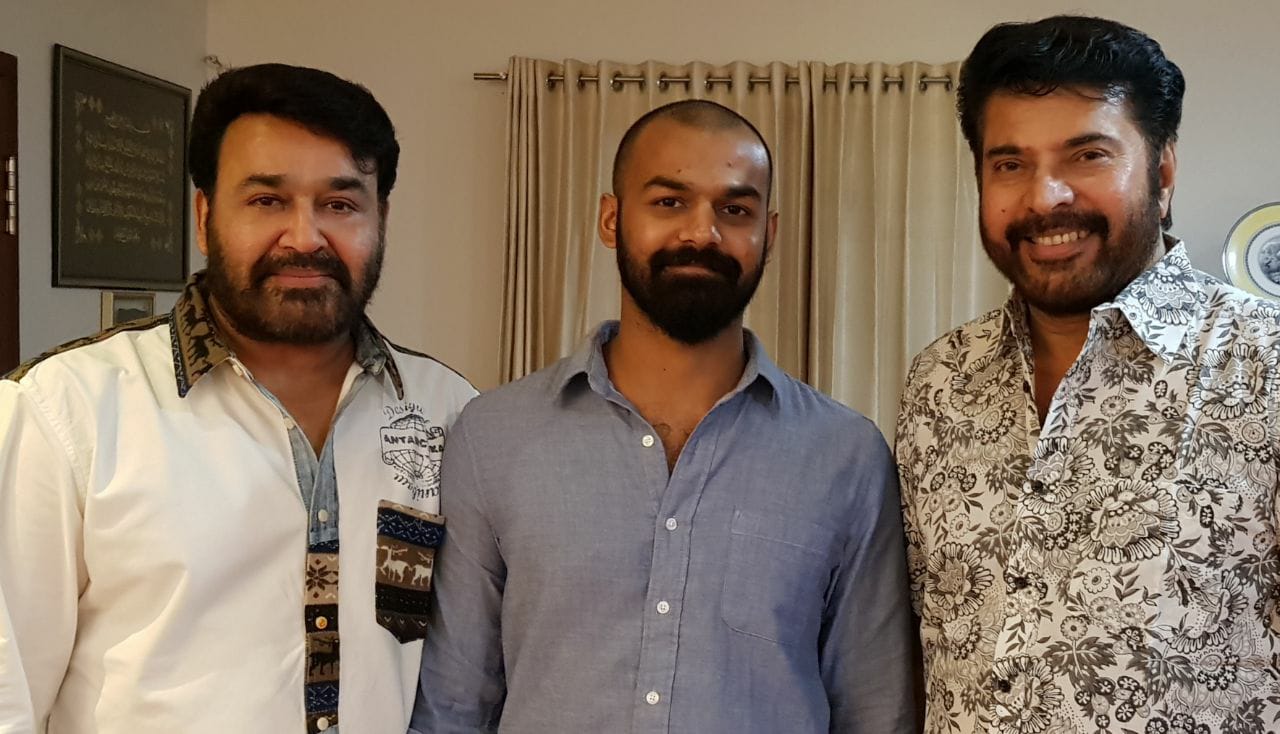Faraz Arif Ansari’s Sheer Qorma has been making waves at international film festivals. The 45-minute film premiered at the BFI Flare London LGBT Film Festival and later went on to win the Grand Jury Award at the Gasparilla International Film Festival in North Carolina.
The featurette is scheduled to appear next at the Over-The-Rhine International Film Festival in Ohio, and have its German premiere at the Indisches Filmfestival Stuttgart.
Featuring actors Shabana Azmi, Swara Bhaskar, Divya Dutta, Jitin Gulati, and Priya Malik, the short film revolves around a queer woman and a non-binary person in an Indian-Muslim middle-class family setting. And the one question the director keeps getting asked since the trailer dropped in 2020 is: “Where are the men in your film?”
In a conversation with Silverscreen India, Ansari, who identifies as a queer non-binary person, says the film was inspired by another question that came during a screening of their first film, Sisak (India’s first silent queer love story), at Harvard University. “An audience member asked why I made the film with two men and not two women. I didn’t have a good answer for that. Something about that question really hit me. And eventually, I decided that I want to make a film about a queer woman and then to extend inclusion, also a non-binary character.”
The seeds were sown after Ansari’s mother asked them about the almost non-existent representation of Indian Muslim middle-class families in cinema. As someone who resonates with Frida Kahlo, the Mexican painter renowned for her self-portraits, Ansari wanted to portray their own background on screen. “I have never seen a family like mine represented in cinema. Why can’t we have a normal Muslim family on screen without someone sporting guns or being in tatters?”

This lack of representation also extends to the LGBTQIA+ spectrum, Ansari adds. “People tend to only think of gay upper-class people. But it’s more than that. There are prejudices against so many sexual and gender identities. So, I wanted to make a film featuring under-represented communities without making it about the under-represented communities. I wanted them to be the protagonist of my film without carrying the weight of their identity. Why do you have to underline the identity? I wanted to normalise it,” the filmmaker says.
“Actually, there’s a problem with even saying ‘let’s normalise this’. Because there’s nothing to be normalised. It is what it is. More than normalising, the idea is to embrace it,” they add.
The usage of food as a metaphor in the film’s title stems from a dislike for the association of food, language or clothes, with religion, Ansari explains.
“Urdu has no religion and Sheer Qorma has no religion but people think Sheer Qorma has to be a Muslim film because the people are speaking Urdu. So, the film also addresses those little prejudices that we have. Whenever we think of biriyani, for example, we always think of a Muslim person. And I am tired of that. These are little things that are ignored. One’s sexual and gender identity in progressive families is also often ignored. It’s right under the nose, but nobody wants to talk about it.”
Ansari calls Sheer Qorma a “deeply political film”, and says they have never shied away from that fact. “It’s about intersectionality, about the Islamophobia and misogyny within the queer community,” the director says.
Reception of Sheer Qorma in India and by the queer community
This was reflected in the reception of the film by the Indian queer community as well, the filmmaker says. “They didn’t want to support it. They didn’t want to associate with it.”
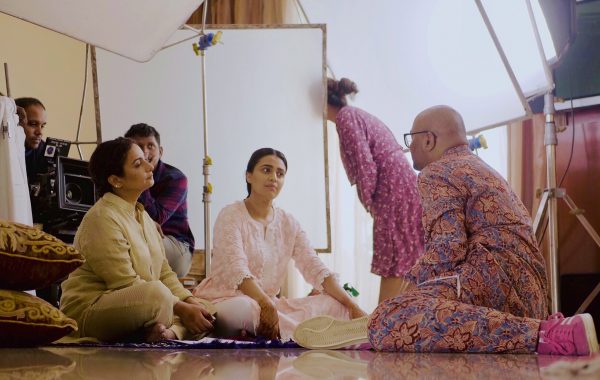
The trailer of the film dropped in February 2020, around the same time as the Ayushmann Khurrana and Jitendra Kumar starrer Shubh Mangal Zyada Savdhaan, a comical take on two queer men and their fight against society.
While the media highlighted Sheer Qorma for its originality, members of the LGBTQIA+ community ignored the film, says Ansari.
“So many people from the Indian queer community totally ignored Sheer Qorma. The media was talking about Sheer Qorma because we hardly see a film with two hijab-wearers on the poster, where one identifies as a queer woman and the other as a non-binary person. But the queer community avoided it because of their inherent bias. Every time there is a film about cis queer men or North Indian queer men, that gets immediately accepted and embraced and celebrated. But any shift from that identity, invites misogyny,” the filmmaker explains.
“And then it’s about a Muslim family, and the amount of Islamophobia that I’ve faced within the queer community has been unreal,” they add.
The Islamophobia and misogyny is reflected in the film’s IMDb ratings as well that currently stands at a 2.9 out 10, with many of the reviews on the site targeting Swara Bhaskar.
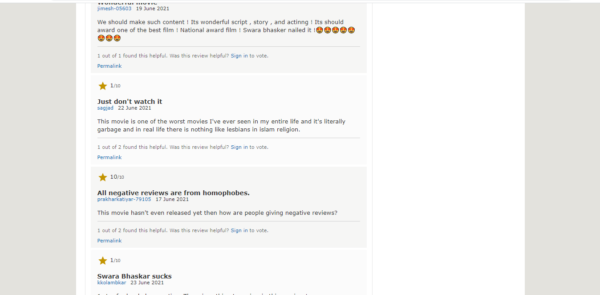
“All these people that have rated it on IMDb have not even seen it because it has not released in India. And the reason they have trolled the film to this level is because a) it has Swara Bhaskar in it; b) it has Shabana Azmi in it; c) it has a Muslim family; d) my name, Faraz Arif Ansari; and e) homophobia.”
Bhaskar has been vocal about the rights of the minorities and the under-represented. She has been a strong ally for the queer community as well. This has led to the actor often being a victim of online harassment and bullying, something that Ansari adds, “has now landslided on me.”
However, the filmmaker stands by their casting and has even promised Bhaskar their next film.
Recommended
“The haters don’t see the amount of recognition and representation the film is bringing to India. They are so blinded by hate. But the film is flying. All the hate and harassment are restricted to the online space,” Ansari says.
Representation: On and off screen
When speaking of representation, the question of why non-queer performers were chosen to portray queer characters naturally comes up. Ansari shares that casting queer actors is a difficult process.
For one, they tend to back out at the last minute, they say. This was the case with Sisak, which features Jitin Gulati and Dhruv Singhal. “I had initially finalised two other actors, both of them queer. And three days before the shoot they chickened out. One said their father had a problem, the other said that they were still in the closet and not ready.” When Ansari tried to replace them, finding other queer actors proved difficult and they had to go with Jitin and Dhruv.
In the case of Sheer Qorma, Ansari had sent out a casting request in May 2019, seeking queer women actors but the majority of responses came from queer men. “I just got three emails from queer women. Out of those, only one identified as an actor. And unfortunately, my shooting dates were already locked and could not be changed to accommodate these actors. So instead, I chose actors who are allies of the queer community.”
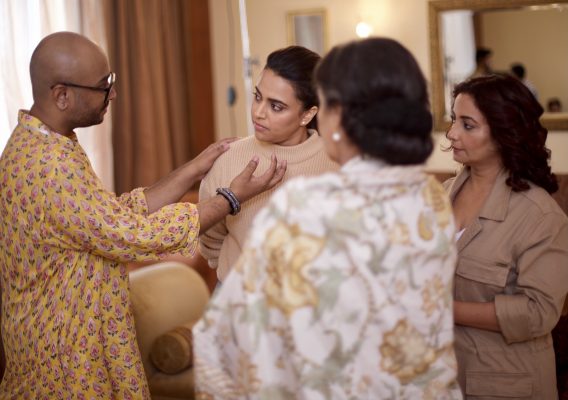
While Ansari does admit to failing on the casting front, to make up for the lack of representation on screen, the filmmaker brought in more queer people behind the scenes. “The crew was 95% women, most of whom identify on the queer spectrum. And the cast, with the exception of Jitin, is all women. These things have never been seen before in Indian cinema.”
Redefining the mainstream
This type of change is essential to redefine mainstream which, Ansari feels, is the need of the hour.
“The mainstream itself needs to be redefined. Why can’t we have mainstream films that are queer, women-centric, or have minorities? When you make a film about war and massacre, it wins the biggest award in the country, and when you make a film about love, it gets trolled. It really baffles me.”
The filmmaker reveals that this isn’t just about the audience or limited to India.
Ansari shares instances of being misgendered by international film festivals. “There’s this European film festival of repute whose organisers said they cannot accept my film because they were just focusing on women filmmakers that particular year. I told them that I do not identify as a man; I identify as non-binary. But their contention was that a lot women filmmakers would be uncomfortable because while I say I identify as non-binary, I look like a man.”
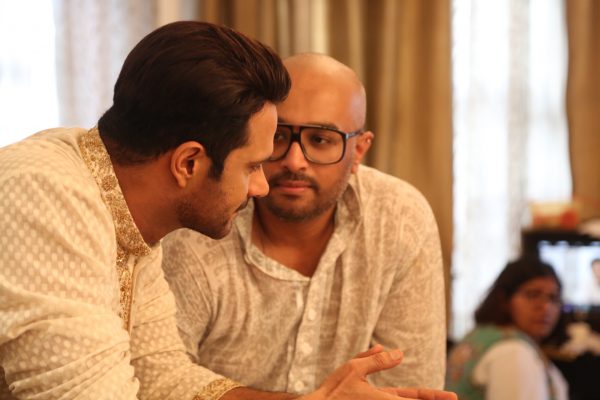
“People think after Section 377, things changed for good. But that’s not the case. I know so many people living a lie. We need a social revolution to make us visible. And we can gain that visibility through inclusive cinema,” says Ansari, adding that Sheer Qorma is a step towards that inclusion, as a lot of people will watch the film because it has well-known actors.
In fact, Ansari says, people have been telling them they went and looked up the meaning of non-binary after watching the trailer. “A two-minute trailer did that, imagine what a 45-minute film will do.”
Ansari is looking for a film festival to bring Sheer Qorma to India. “I also want to have multiple public screenings across the country in association with non-profits and NGOs, as well as schools, colleges and universities. The plan is to travel all of 2021 and 2022, and post that, we will find the film a forever home.”
Ansari is currently working on four stories. The filmmaker’s next will be a queer children’s film, and the plan is to make the move to feature films with it. This, Ansari says, will be a challenge as they want to “address so many things in the mainstream without it being preachy.”
